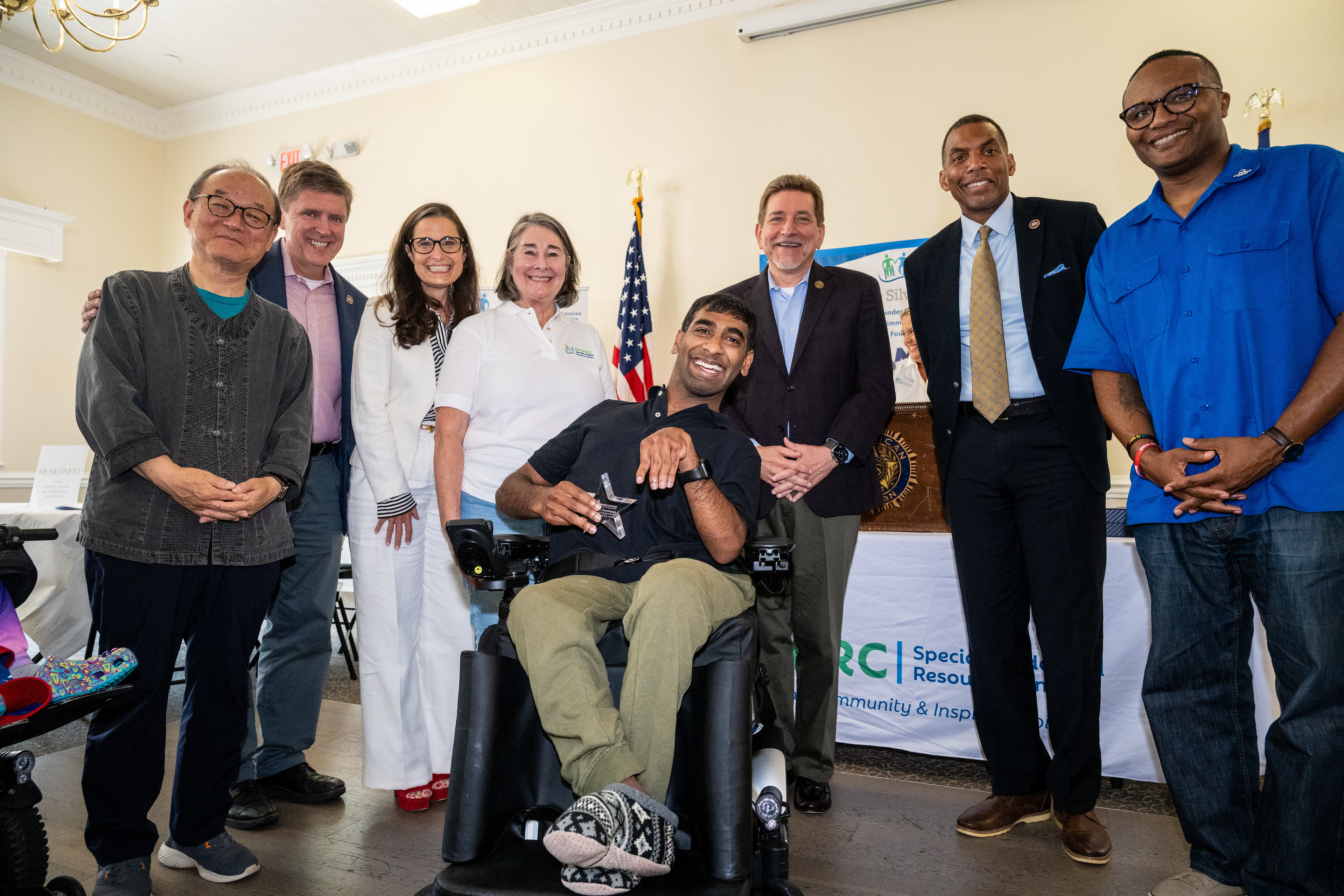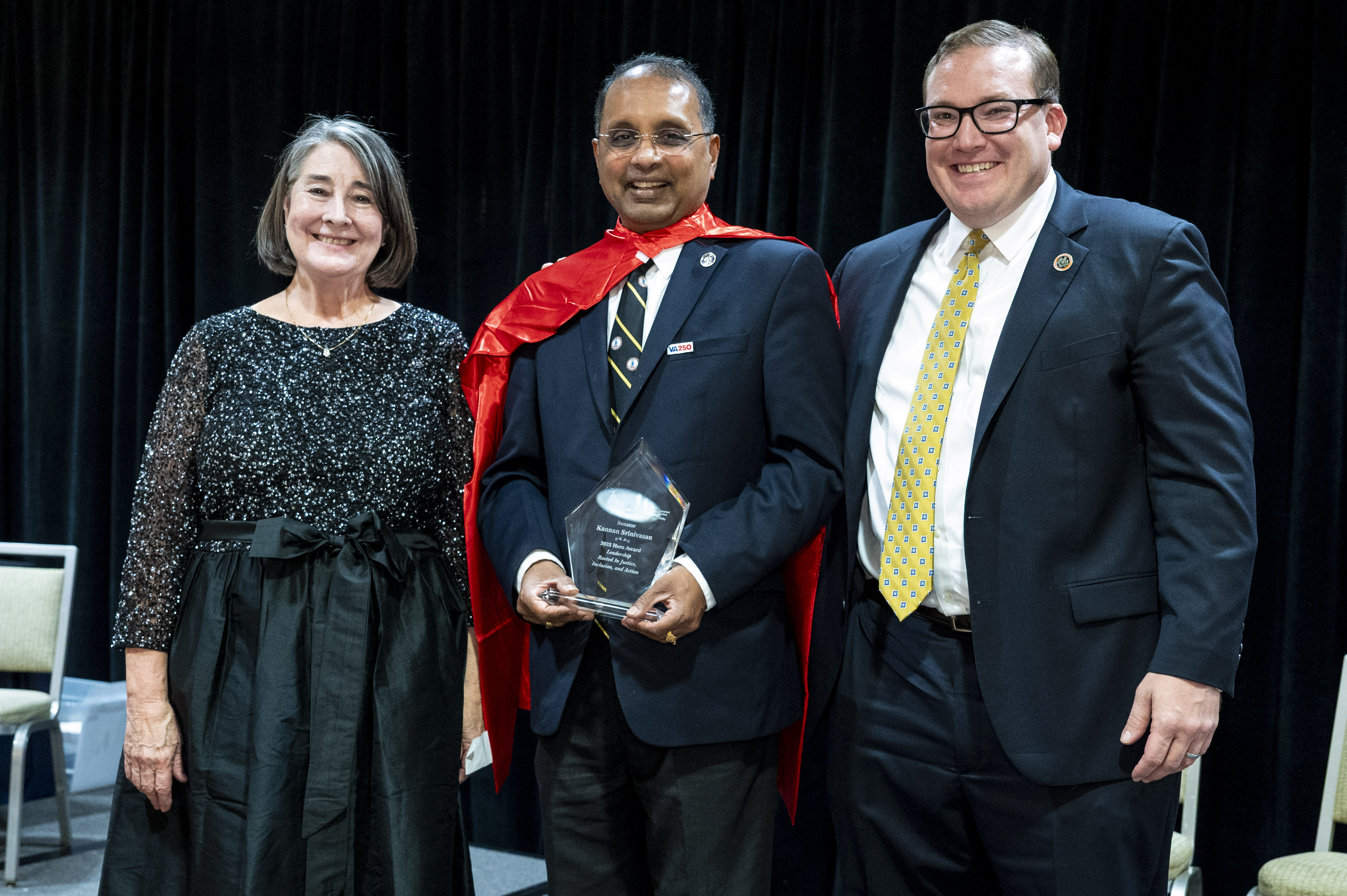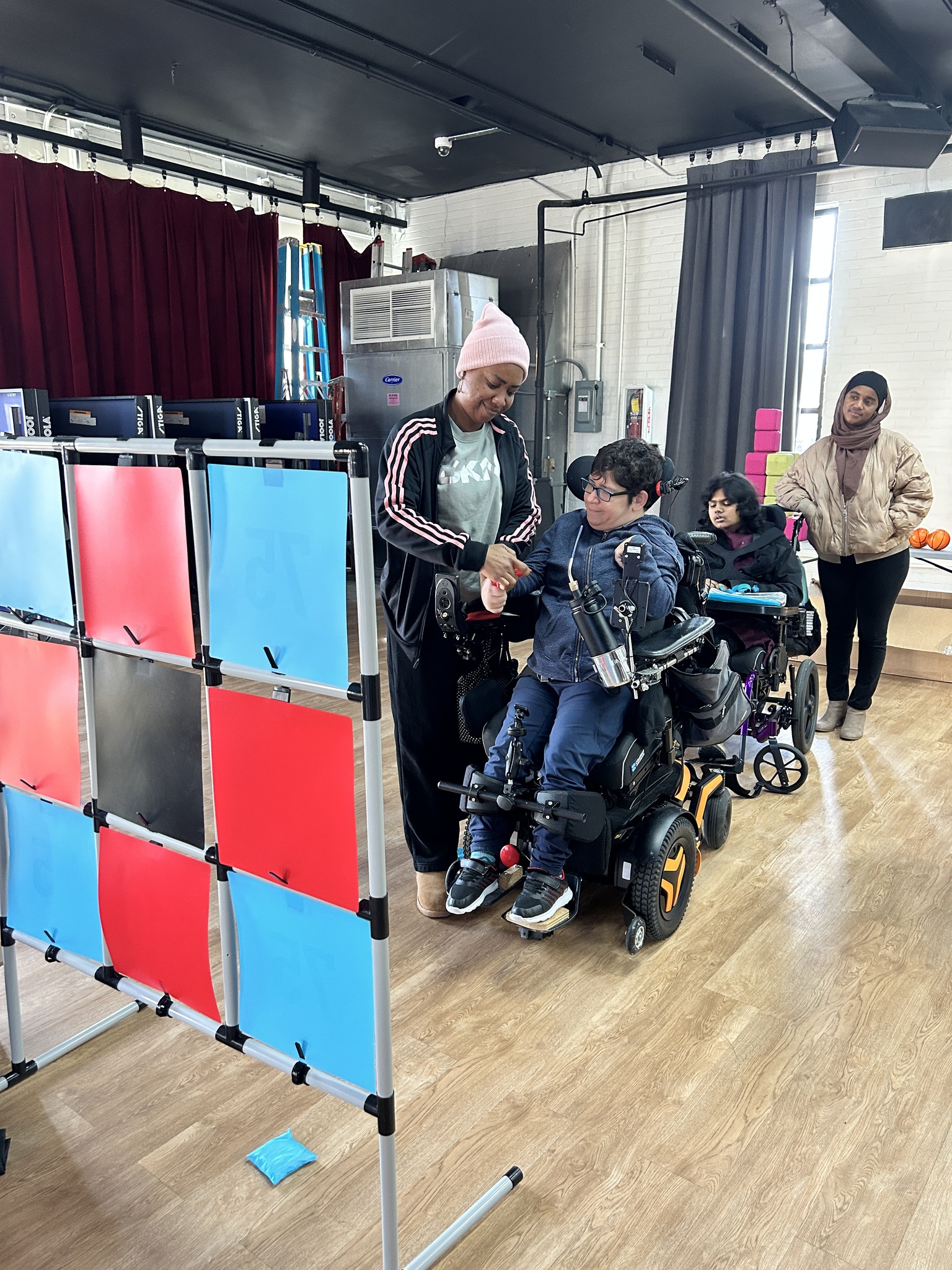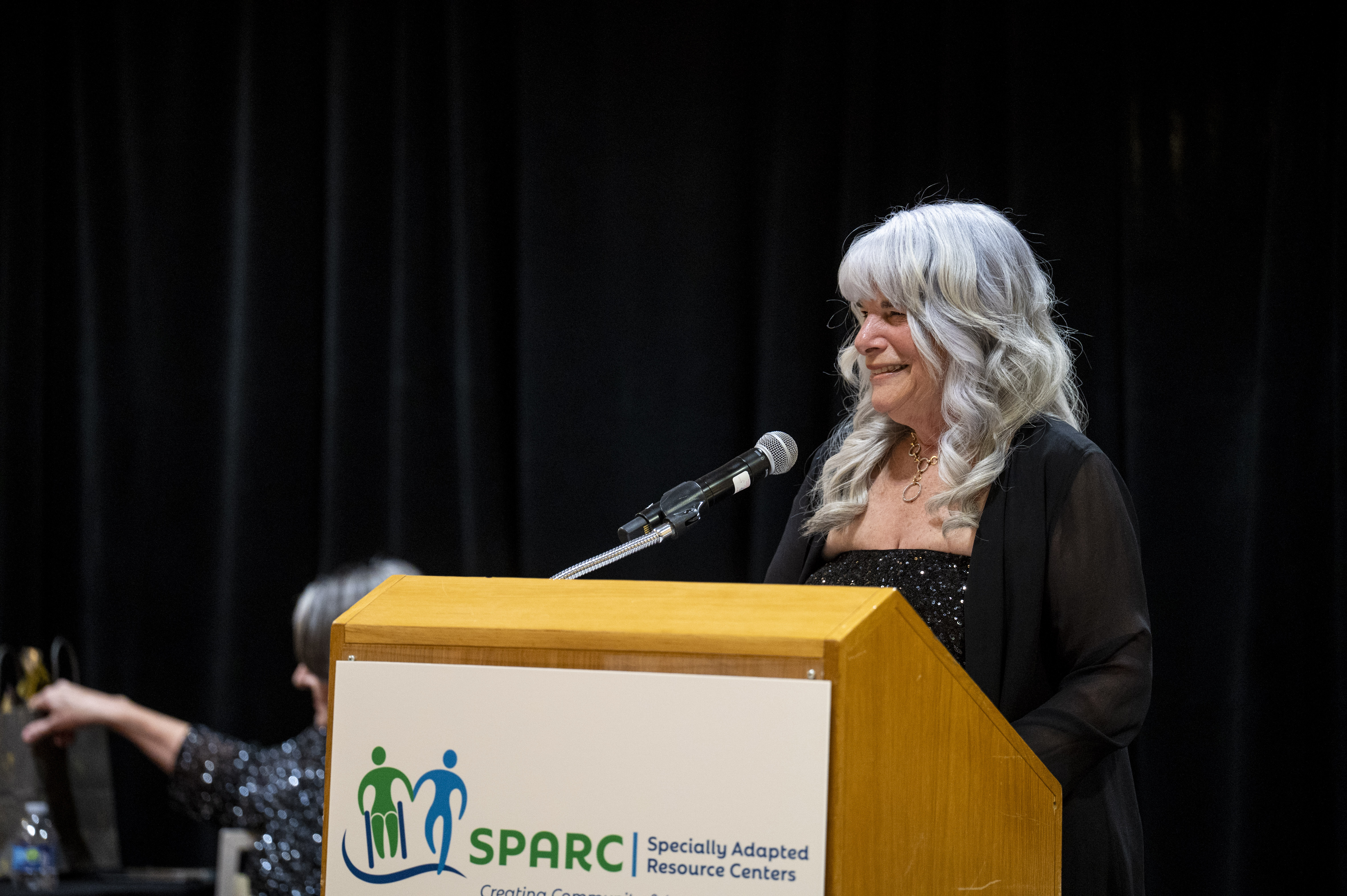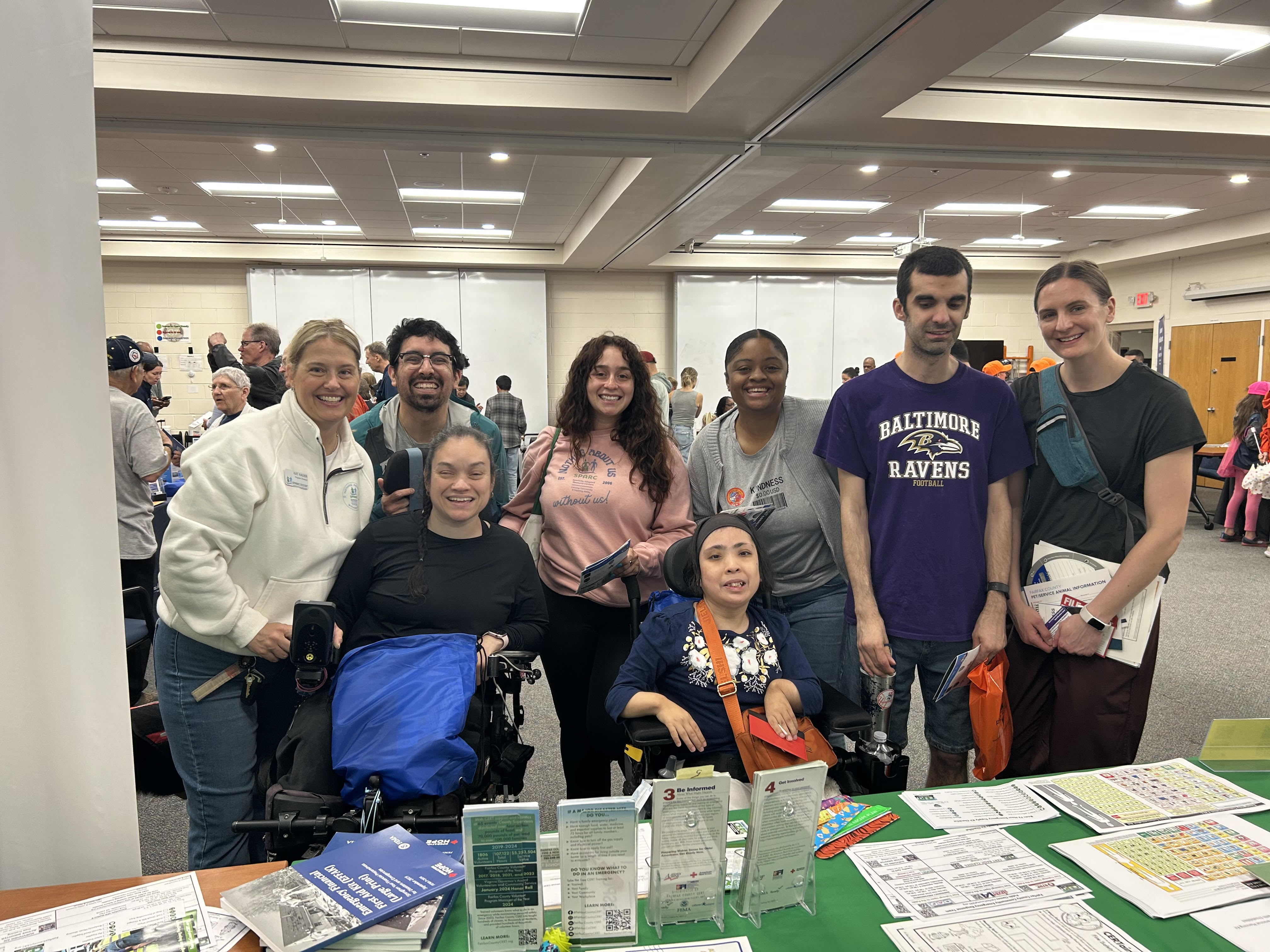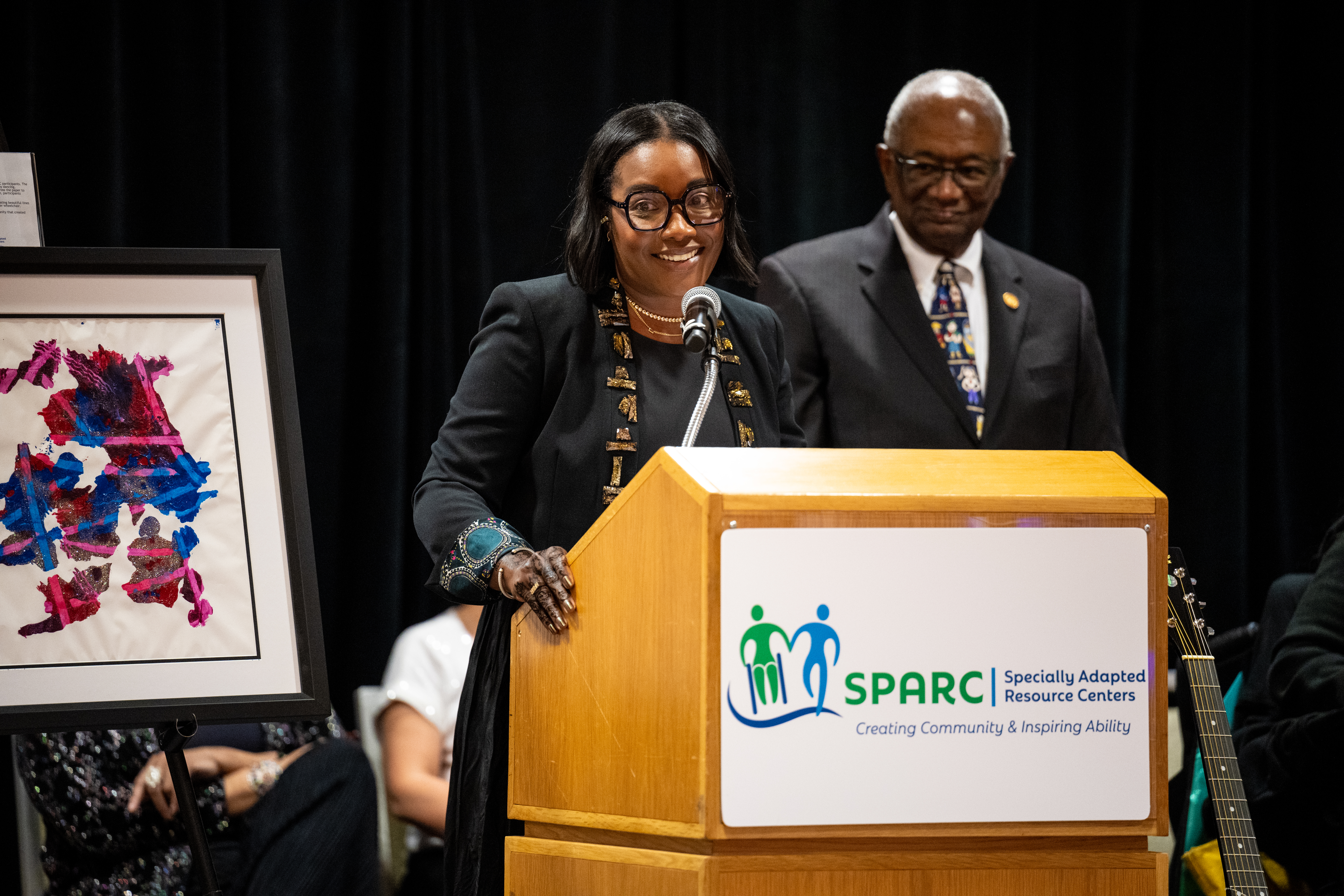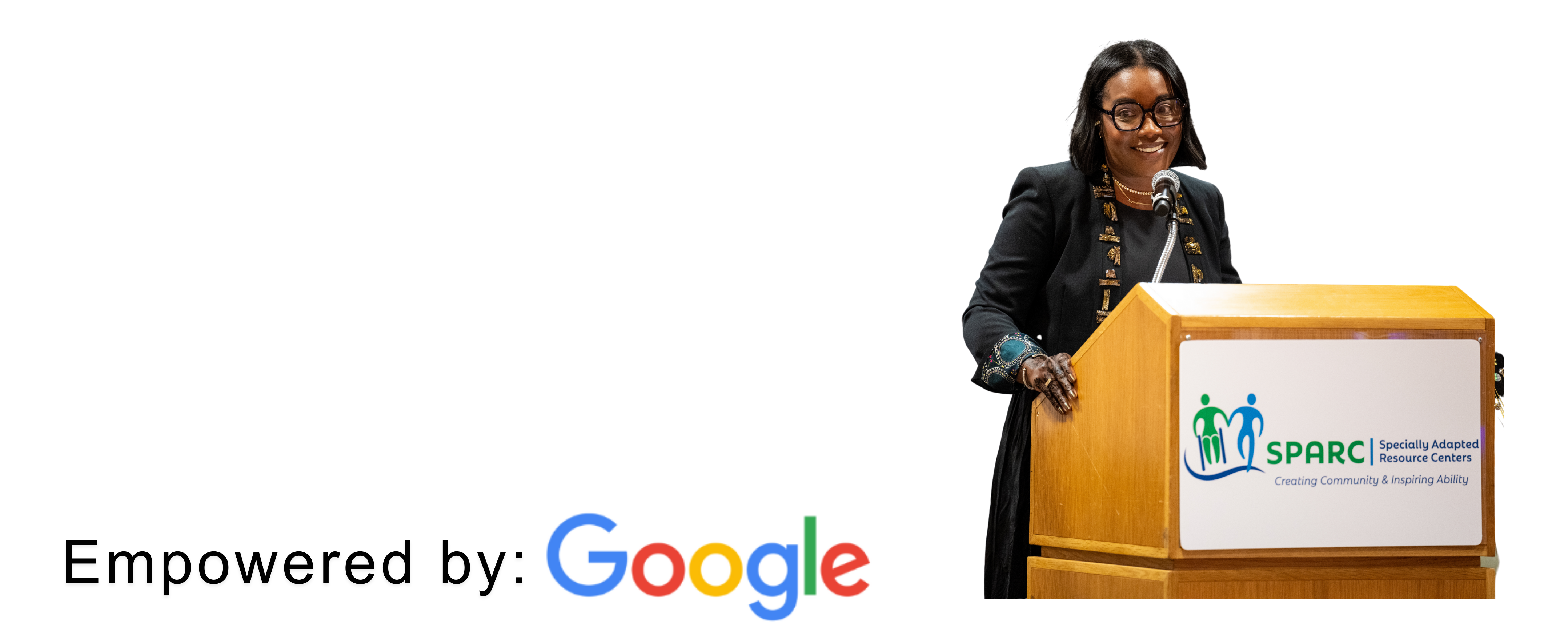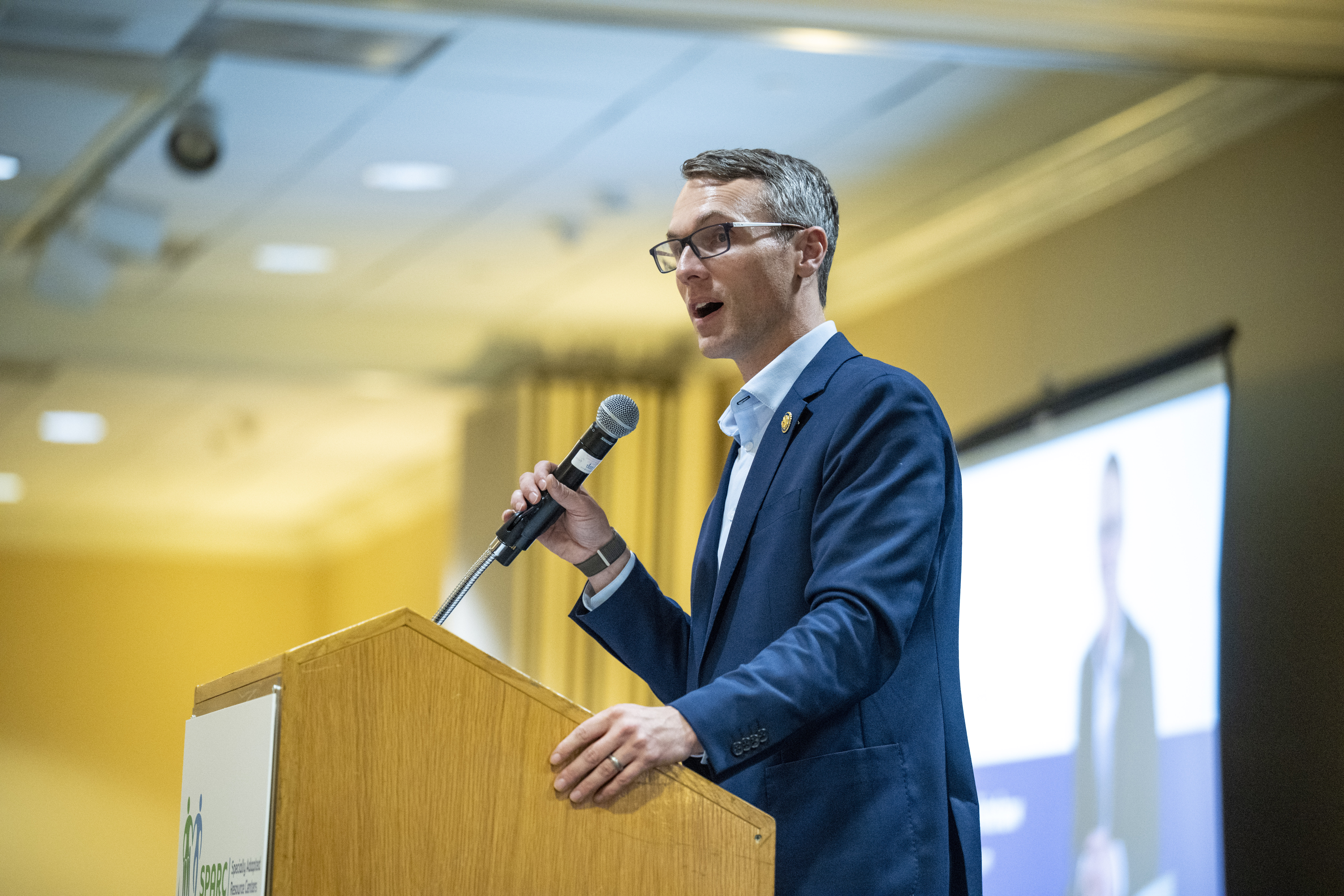 Featured
Featured
Virginia State Senator Kannan Srinivasan Receives 2025 SPARC Hero Award
Indian American Virginia State Senator Kannan Srinivasan received the 2025 Hero Award from SPARC in recognition of his outstanding advocacy on behalf of adults with severe disabilities. Senator Srinivasan, who represents Virginia's 32nd Senate District, made history as the first Indian American immigrant elected to the Virginia House of Delegates.
SPARC operates six day-program centers across Northern Virginia, serving adults with severe and multiple disabilities through leisure-learning formats that build life skills and reduce social isolation.
Read Full Article